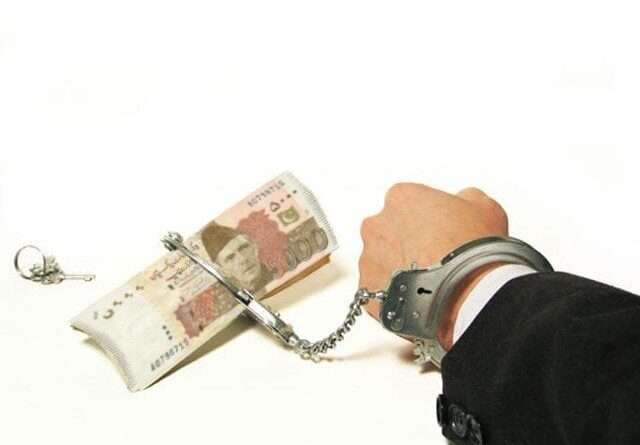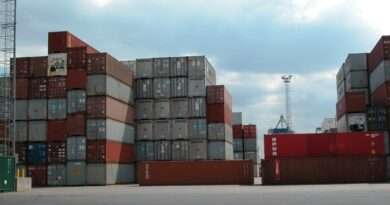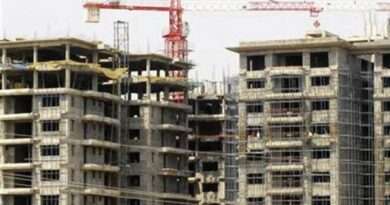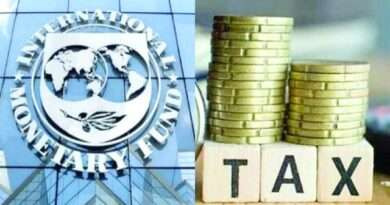Govt Orders Inquiry into Smuggling Network
|
Getting your Trinity Audio player ready...
|
Crackdown on Smuggling: Govt Launches High-Level Investigation
Introduction
The government of Pakistan has initiated a high-level inquiry following intelligence reports that uncovered a vast smuggling network involving 78 alleged corrupt customs officials and smugglers. The investigation aims to dismantle illegal trade operations that have significantly impacted the economy.
Smuggling Network Uncovered
78 Officials and Smugglers Identified
A leading intelligence agency recently submitted a detailed report exposing a smuggling ring operating between Quetta, Punjab, and Islamabad. This network comprises 37 corrupt customs officials and 41 smugglers involved in trafficking non-duty paid goods, including cigarettes, tires, and textiles.
FBR Orders Fact-Finding Inquiry
Federal Board of Revenue (FBR) Chairman Rashid Langrial has instructed Member Customs to conduct a fact-finding inquiry into the involvement of these individuals. The inquiry will be led by Chief Collector of Customs Enforcement, Basit Maqsood Abbasi, along with a supporting officer.
Challenges in Ensuring Fair Inquiry
Influence of High-Ranking Officials
Concerns have been raised about the impartiality of the investigation, as some of the accused hold influential positions within the federal administration. However, an FBR official assured that the inquiry team would operate independently and transparently.
Report Based on Confessions and Intelligence
Sources suggest that the inquiry findings are based on confessions from detained smugglers and officials who were previously investigated. The report also indicates that illicit funds generated through smuggling may be transferred outside Pakistan.
Impact of Smuggling on Pakistan’s Economy
Revenue Losses from Illegal Trade
Studies indicate that the smuggling of cigarettes alone results in annual revenue losses of approximately Rs250 billion ($900 million). The total loss to the national exchequer from smuggling and tax evasion is estimated between Rs1.5 trillion and Rs2 trillion.
Pakistan’s Global Standing on Illicit Trade
According to the Transnational Alliance on Combating Illicit Trade (TRACIT), Pakistan ranks 72nd out of 84 countries on the Global Illicit Trade Environment Index, published by the Economist Intelligence Unit. This highlights the urgent need for robust anti-smuggling measures.
Government’s Anti-Smuggling Measures
Strengthening Border Surveillance
To counter smuggling, the government is establishing anti-smuggling checkpoints along the Indus River. This initiative is part of a joint effort between the FBR and military establishment to curb illegal trade.
Public Awareness Campaigns
Last year, the FBR urged citizens to avoid purchasing smuggled goods, emphasizing their negative impact on the economy and local industries. The government is also considering stricter penalties for those found guilty of smuggling.
IMF’s Demand for Transparency in Civil Servants’ Assets
Monitoring Wealth Discrepancies
The International Monetary Fund (IMF) has imposed a condition requiring the FBR to publicly disclose the income tax returns and wealth statements of civil servants and their spouses. This move aims to identify officials with assets exceeding their declared incomes.
Limited Scope of IMF’s Conditions
Despite this initiative, only 25,000 civil servants will be required to file public disclosures due to a narrow definition of “civil servant.” Officers from autonomous and regulatory bodies, such as State Bank of Pakistan (SBP), National Electric Power Regulatory Authority (NEPRA), and Pakistan Telecommunication Authority (PTA), will remain exempt from digital tax filings.
Future of the Investigation
Possibility of Expanding the Probe
Given the involvement of high-ranking officials, sources suggest that the inquiry might be transferred to a more resourceful investigative agency capable of probing international financial transactions linked to smuggling proceeds.
Civil-Military Coordination for Anti-Smuggling Efforts
The FBR and military establishment are actively working together to strengthen anti-smuggling operations. This collaboration underscores the government’s commitment to tackling illicit trade and its detrimental effects on the economy.
FAQs
1. Why has the government launched an inquiry into smuggling?
The inquiry was initiated after an intelligence report exposed a smuggling network involving 78 customs officials and smugglers, leading to significant economic losses.
2. Who is leading the investigation?
The Chief Collector of Customs Enforcement, Basit Maqsood Abbasi, is leading the fact-finding inquiry under the direction of FBR Chairman Rashid Langrial.
3. What economic impact does smuggling have on Pakistan?
Smuggling causes revenue losses of Rs1.5 trillion to Rs2 trillion annually, undermining local industries and reducing government tax collections.
4. What measures is the government taking to prevent smuggling?
The government is establishing anti-smuggling posts along the Indus River, increasing border security, and running public awareness campaigns.
5. How is the IMF involved in this issue?
The IMF has mandated the disclosure of civil servants’ assets to curb corruption and identify individuals with undeclared wealth.




